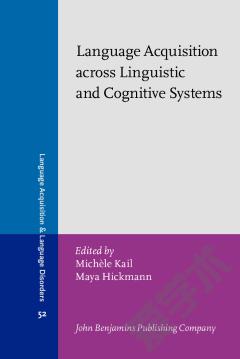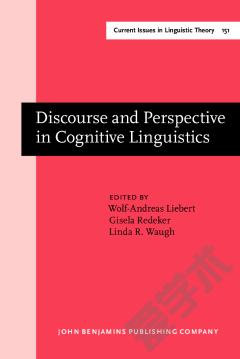Language Acquisition across Linguistic and Cognitive Systems.
How and why do all children learn language? Why do some have difficulties while others are early language learners? What are the consequences of early bilingualism? Is it possible to reach native-like competence in a foreign language? Although we still cannot fully answer these questions, research during the last two decades has begun to solve some pieces of the puzzle. This book proposes an interdisciplinary collection of writings from some of the best specialists across several fields in cognitive science, offering a wide sample of recent advances in the study of first language acquisition, bilingualism, second language acquisition, and disorders of oral language. It is addressed to all researchers and students interested in language acquisition, as well as to teachers, clinicians and parents, who will find therein many new findings and varied methodological approaches, as well as challenging questions that are still debated and in need of further research.
{{comment.content}}








 京公网安备 11010802027623号
京公网安备 11010802027623号